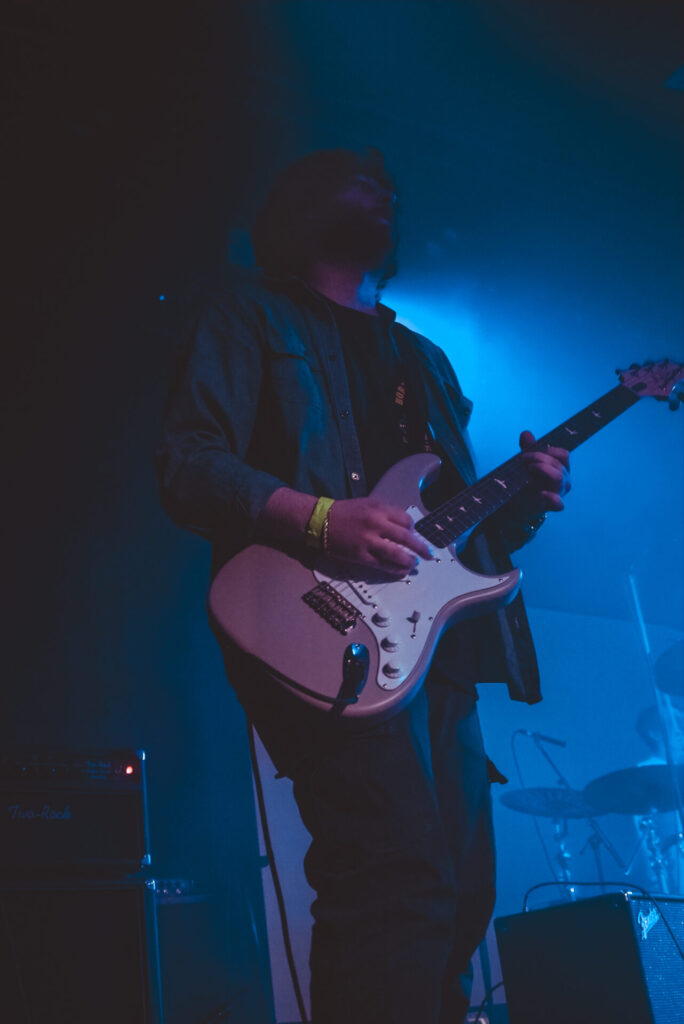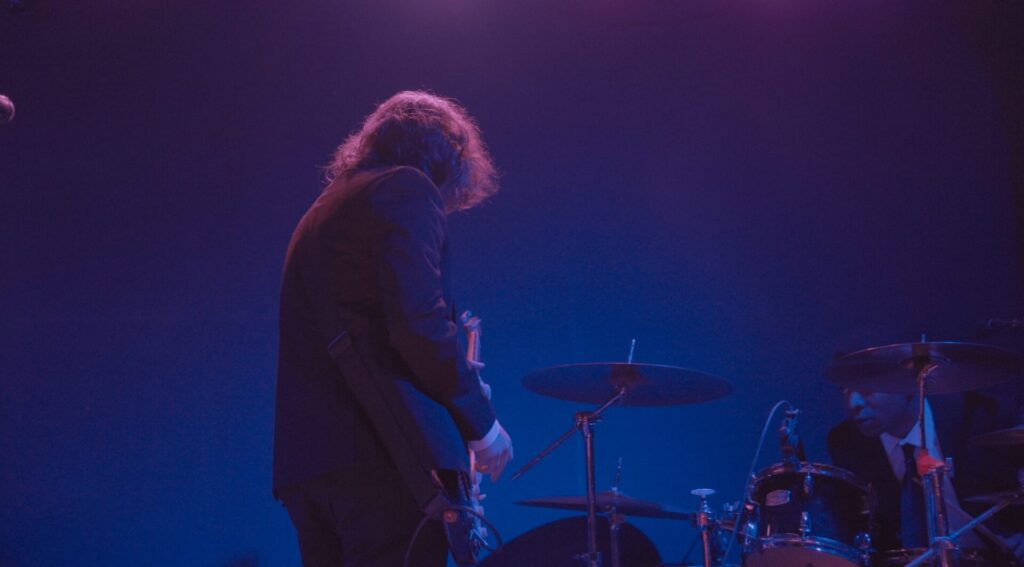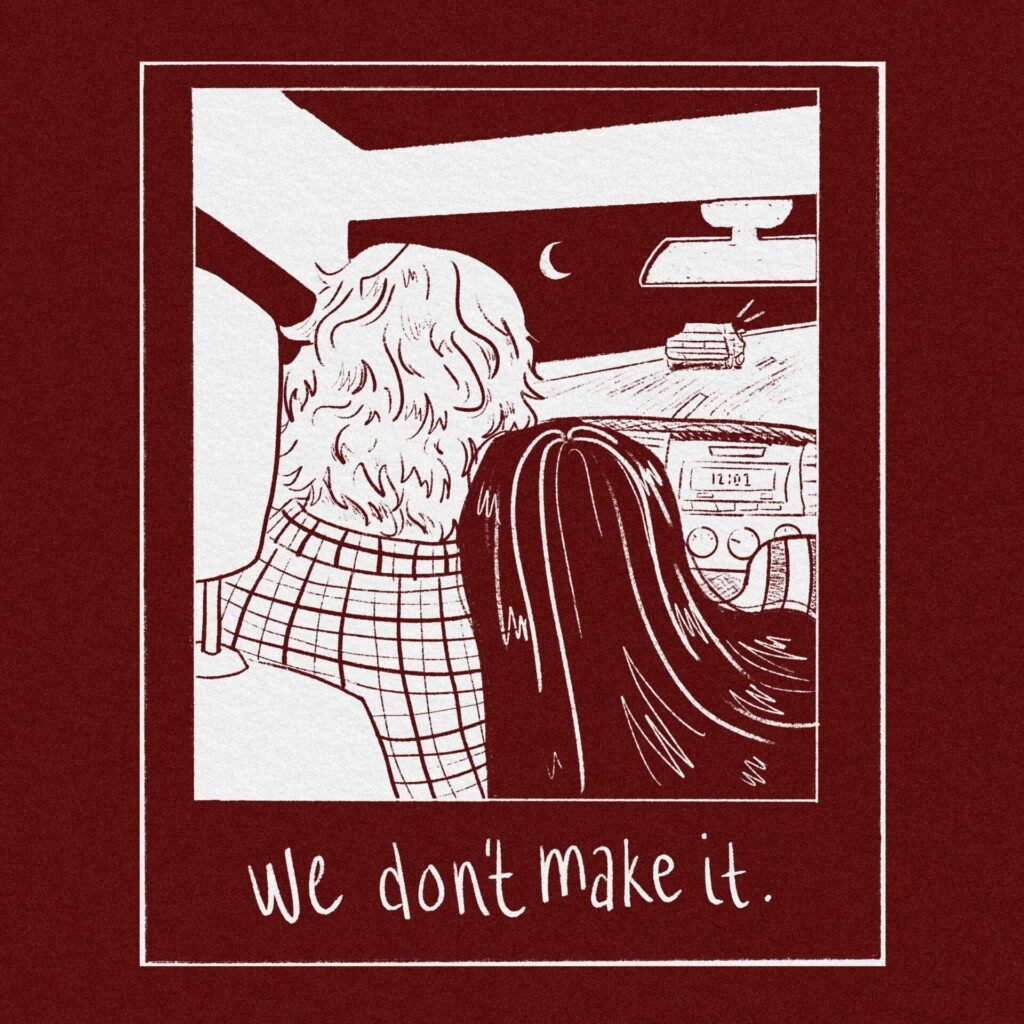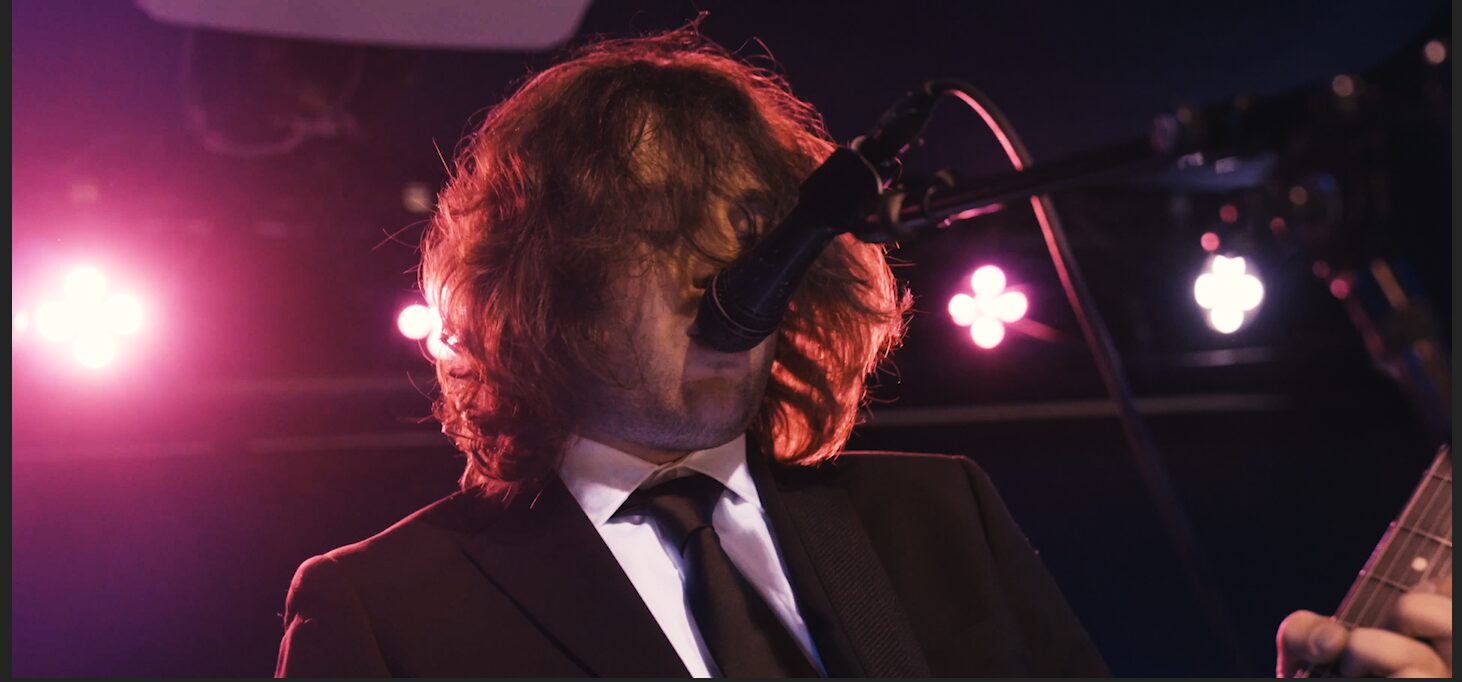Zac’s ability to play a variety of musical styles sets him apart from the rest. His ability to seamlessly transition between various musical genres and styles keeps his artistry current, vibrant, and fresh. His professionalism and commitment to his craft are demonstrated by his ability to work well with producers and other artists. Check out the exclusive interview below:

1. Can you tell us a bit about where you come from and how it all got started?
ZAC HOINA: I come from a era of bedroom guitarists. I really dug into the craft during the lockdown days of 2020. I had spent time playing for two years before that but not at all like I did when I was stuck at home. I played with a looper by myself for years before I ever sat down with other musicians to play. The first time I ever played in a band was at a jam night at a bar on a Sunday night. I was hooked. There’s a dynamic range you just can’t match alone with a looper pedal. I kept doing those jam nights for as long as I could. Not long after this I started playing guitar for other artists around the summer of 2022 and at the began writing my own music. I did my first show as the frontman for my own project on January 26th, 2023 and I have been in love ever since.
2. Did you have any formal training or are you self-taught?
ZAC HOINA: I took guitar lessons when I was 6 or 7 for about a year but I didn’t stick with it. I picked it back up when I was heading to college and started teaching myself but I wasn’t seriously playing or practicing until someone on my freshman dorm floor named Sergio had an acoustic, and I wanted to play with him but knew I needed to get better before I really could. From there out I’ve been entirely self-taught.
3. Creative work in a studio or home environment, or interaction with a live audience? Which of these two options excites you most, and why?
ZAC HOINA: Creative work in a studio and home environment for sure. When it comes to being in the studio I try to keep live playing in mind as we record. These songs have always been meant to be played live and when you’re in a studio it can be really easy, and fun, to stack a ton of elements that might not be plausible on stage every night you know? I don’t have a horns section so throwing on a bunch of trumpets on a track sounds great in the studio, but the live sound might feel like it’s missing something. As for working at home, I feel like I have freedom to be wrong a lot at home. In the studio there’s a sense of pressure to do great things every time you touch an instrument because you’re on the clock and people are watching. When I’m at home and writing or recording I can be as wrong as I want and nothing happens. I figure out a lot of my music by being wrong three or four times first.
4. What do you feel are the key elements in your music that should resonate with listeners, and how would you personally describe your sound?
ZAC HOINA: The guitar is more of my voice than my actual voice. I find explaining how I feel to be significantly easier with a guitar in my hands than with a pen. My writing is very personal to me and the lyrics I write are from direct experiences or from how I feel about certain things, but the level of expression I can reach with a guitar is something I hope resonates with people in the audience. Someone once told me after a show that the songs solo sections sounded “cathartic” and I do my best to live up to that description.

5. Do you feel that your music is giving you back just as much fulfillment as the amount of work you are putting into it or are you expecting something more, or different in the future?
ZAC HOINA:
100%. I find such an unbelievable amount of joy in the process of writing and recording that’s honestly been there from the beginning. Even when I push through 90% of a song and then decide it isn’t what I want it to be and completely start over, the pursuit of the song is worth everything you get when you finally catch it. It’s like treasure hunting in my own brain.
6. For most artists, originality is first preceded by a phase of learning and, often, emulating others. What was this like for you? How would you describe your own development as an artist and music maker, and the transition towards your own style, which is known as POP?
ZAC HOINA: There’s been a lot of influences for me over the years and some of them go back to a very young age. One of the first songs I can remember hearing is Blue in Green by Miles Davis. I come from blues music and blues guitar playing so there is a lot of that still living and breathing in my music. As far as my direct guitar inspiration goes: B.B. King, Buddy Guy, Stevie Ray Vaughan, John Mayer, Jeff Beck, and of course Jimi Hendrix. My music comes from listening to these artists over and over and absorbing as much as I possibly can. When it comes to songwriting and overall arrangement I pull inspiration from artists like Joni Mitchell, James Taylor, and Ray Charles. I do my best to emulate aspects of these artists so that my music has meaningful songwriting, but framed in a way that can fall under “pop” in some peoples eyes.
7. Could you describe your creative processes? How do usually start, and go about shaping ideas into a completed song? Do you usually start with a tune, a beat, or a narrative in your head? And do you collaborate with others in this process?
ZAC HOINA: The initial inspiration is different every time. My most recent single came from a dream that I thought was real until I woke up. Sometimes it’s a melody that I can’t get out of my head. The constant is guitar and piano though. Any idea I have I either pick up an acoustic guitar or sit down at a piano and start to frame out the basic structure of the idea. A huge part of this for me is singing something as soon as I have the melody, even if I’m not a fan of the lyrics I’m coming up with in the moment. I think if you start sounding words out from the instant you have the idea, you can really immerse yourself in this world where the song is actually done already and you’re just learning it. That moment where it feels like the song is writing itself is what I chase every time. I collaborate with other artists pretty frequently. Sometimes that’s just doing guitar work on one of their songs, which is one of my favorite things to do. Most recently I wrote and recorded a track with Gavin McLeod and Kevin Sassi called “Sophisticated” that I imagine won’t see the light of day until sometime next year, but it was a great time.
8. With social media having a heavy impact on our lives and the music business in general, how do you handle criticism, haters, and/or naysayers in general? Is it something you pay attention to, or simply ignore?
ZAC HOINA: I think it’s really easy to let social media weigh a lot in your head, but the reality of doing what I do means having people who aren’t going to like what I make. And I think understanding that art is subjective in nature and that people are going to dislike your work is massively important as a musician. It can be hard to entirely ignore people who are throwing criticism my way, but the easiest thing to do is try to learn from valid criticism and filter out the rest.
9. Do you think is it important for fans of your music to understand the real story and message driving each of your songs, or do you think everyone should be free to interpret your songs in their own personal way?
ZAC HOINA: I think the real story is mostly irrelevant. At least to me. Yes, there is obviously a driving force behind the writing of a song that paints a specific picture, but I’m not sure it’s all too important. What matters more to me is that what I’m saying can be related to. A lot of my music is me saying “Hey, ever felt this way?” And to have someone listen to those songs and interpret it entirely different, but still have those same feelings resonate, is really all I could ever want as an artist. It’s my job to put the story there, but the moment it releases that story isn’t just mine anymore.
KEEP IN TOUCH:
FACEBOOK | INSTAGRAM | SPOTIFY |TIKTOK | WEBSITE | YOUTUBE

Photo Credit: Darren Tun, Genevieve Moore
